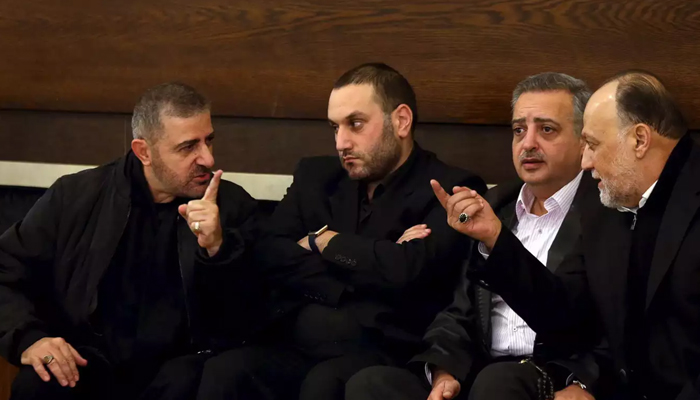A senior Hezbollah official survived an Israeli assassination attempt on Thursday in Beirut, news agency Reuters reported citing security sources.
The attack was part of a larger wave of Israeli airstrikes that killed 22 people, intensifying the ongoing conflict between Israel and the Iran-backed Hezbollah. The airstrikes were some of the deadliest in over a year, levelling buildings in two neighbourhoods and injuring scores. Israeli attacks also endangered United Nations peacekeepers in southern Lebanon, triggering outrage and fresh accusations of violations of international law.
Israel-Hezbollah conflict: Top developments
Wafiq Safa, the head of Hezbollah’s liaison and coordination unit, was the target of the Israeli assassination attempt but survived. Hezbollah’s Al Manar TV confirmed the assassination attempt failed, stating Safa was not inside the targeted buildings at the time of the strikes.
The attempted assassination of Safa, who handles the militant group’s security and political matters, signals Israel’s expanding focus on Hezbollah officials, moving beyond the group’s military commanders and top leaders.
Israeli airstrikes on central Beirut on Thursday targeted two residential buildings in separate neighbourhoods, resulting in the deaths of 22 people and injuring 117 others, according to Lebanon’s health ministry.
The strikes brought down an eight-storey building and ripped apart the lower floors of another, leaving two neighbourhoods smouldering. Witnesses told CNN the destroyed building housed recently displaced people.
Israeli forces fired on UN peacekeepers in southern Lebanon, wounding two of them. The incident drew widespread condemnation and prompted Italy to summon Israel’s ambassador in protest.
UN peacekeepers will stay in southern Lebanon despite Israeli attacks, said UNIFIL spokesperson Andrea Tenenti, calling the situation “one of the most serious events” they’ve seen in the past year.
A US State Department spokesperson stated that Israel should take “all feasible steps” to protect civilians during its military actions, following the deadly strikes on Beirut. While the US supports Israel’s right to defend itself against Hezbollah, “how it does so matters,” the spokesperson said.
An Israeli source told The Times of Israel that the US and Israel largely agree on strategic challenges in the Middle East after a call between Prime Minister Benjamin Netanyahu and US President Biden. The call, focused on Israel’s response to Iran, followed Tehran’s October 1 missile attack, and further discussions are planned.
In Gaza, an Israeli airstrike hit a school, killing at least 28 people, according to the Red Crescent. The Israeli military stated that their target was “terrorists” who were operating from within the building.
US Vice President and Democratic presidential candidate Kamala Harris called for de-escalation in the Middle East, as tensions remain high amid Israel’s conflicts in Gaza and Lebanon. “We have got to reach a ceasefire. We’ve got to de-escalate,” Harris said in Las Vegas.

